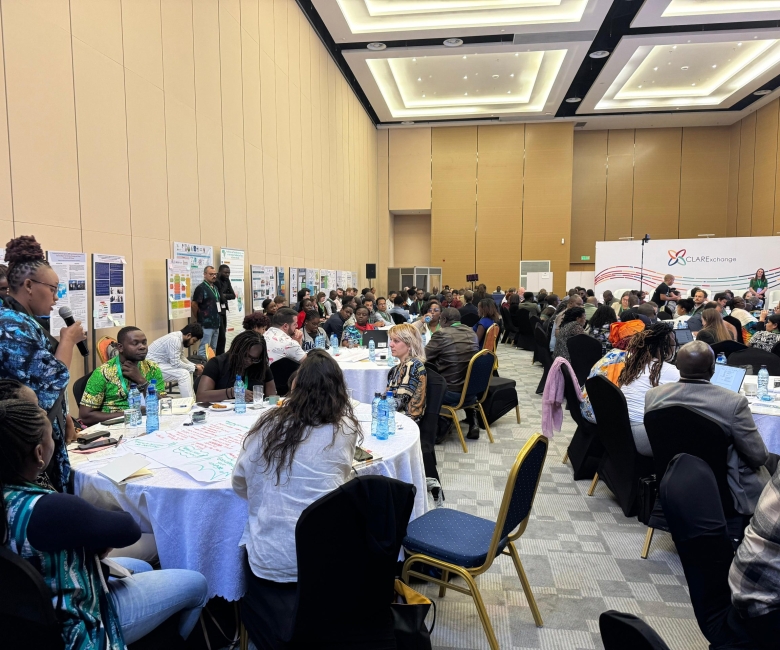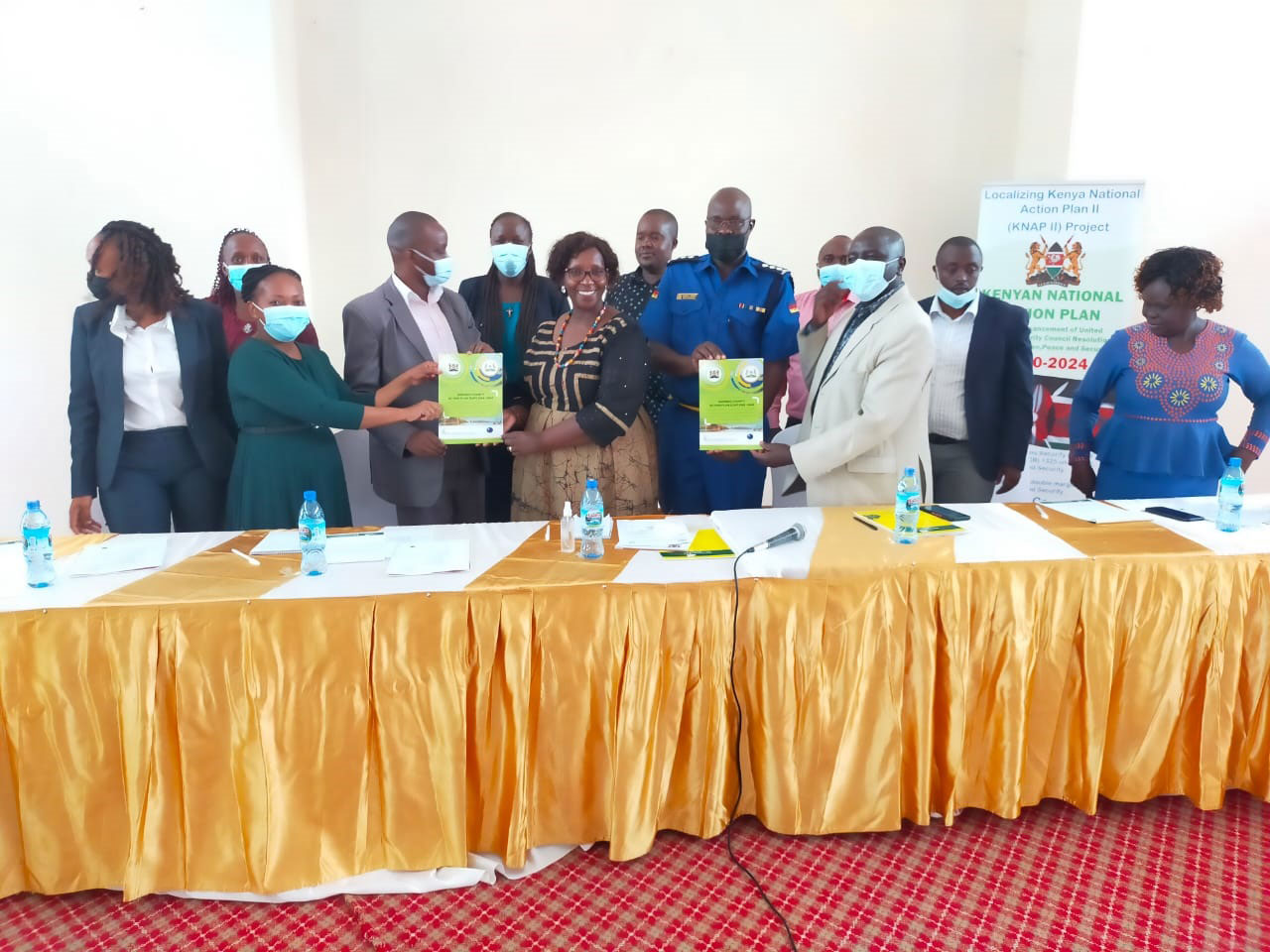CCGD STRATEGIC PLAN 2023 -2027
Collaborative Centre for Gender and Development (CCGD) Strategic Plan 2023 -2027 is a continuum of the 2017-2022 plan and it builds on the achievements and the lessons learned from project/program assessment reports, consultations and feedback from stakeholders, including government departments, ministries and agencies, civil society and private sector, academia and diverse program communities, women, men, youth and children whom we worked and interacted with.
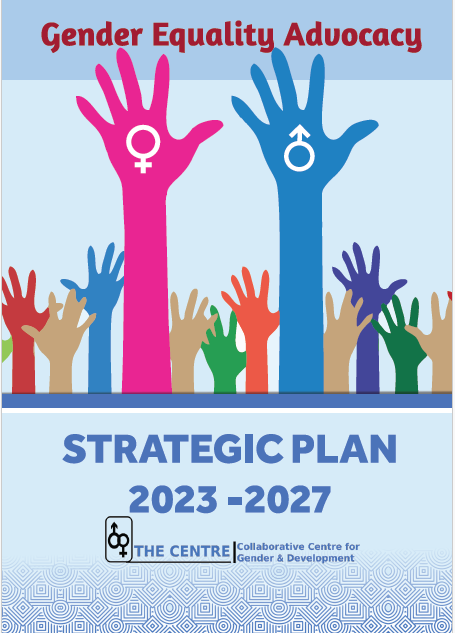
Our Strategic Focus Areas
- Gender sensitive policy and law reform.
- Support to national and regional collaborative partnerships on gender equality.
- Research learning material development and publications.
- Gender sensitive institutional capacity building, training and mentoring.
- Resourcing advancement of gender equality and women’s empowerment.
01Gender sensitive policy and law reform.
Gender-sensitive law and policy formulation, review, and implementation review is gaining currency across the Africa region as governments seek to formalize and systematize initiatives for gender mainstreaming in part as the fulfillment of both international and national commitments to gender equality and none discrimination. Recent regional and Sub-Regional trends at progressive constitutional review, democratization, and devolution of power to local levels have given a new impetus to aligning laws and policies to the new reality of, participation, inclusion, and accountability. Rightsholders are increasingly holding duty bearers to account leading to the latter to seek structured ways such as rights-oriented law and policy formulation and review to ensure accountability to the burgeoning electorate. There is in particularly great demand to align laws and policies to the newly enacted reformist national constitutions and cascade them to counties and other devolved structures. Where devolved governments are mandated to make laws as is the case for Kenyan Counties, there is an even bigger challenge of supporting them to continue the reform process while factoring in local dynamics and priorities.
Objective: support aligning laws and policies to the gender rights, equality, and participation requirements in the constitution and county and national levels.
Strategic Interventions
- Assist in the formulation and review of law and policies at the regional and national levels in selected sectors to confirm international institutional requirements
- Assist county and National governments to make laws and policies that facilitate the provision of resources to implement that address gender gaps and promote women and girl’s empowerment
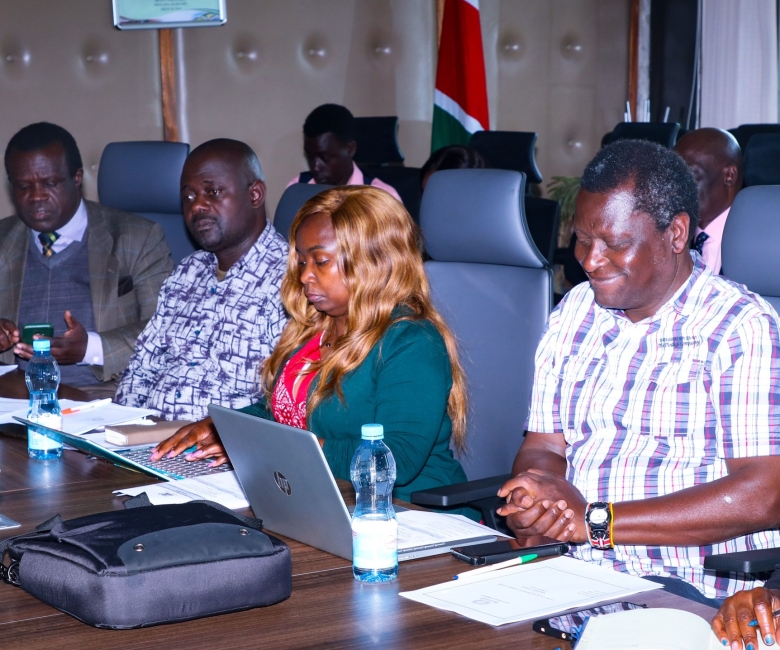
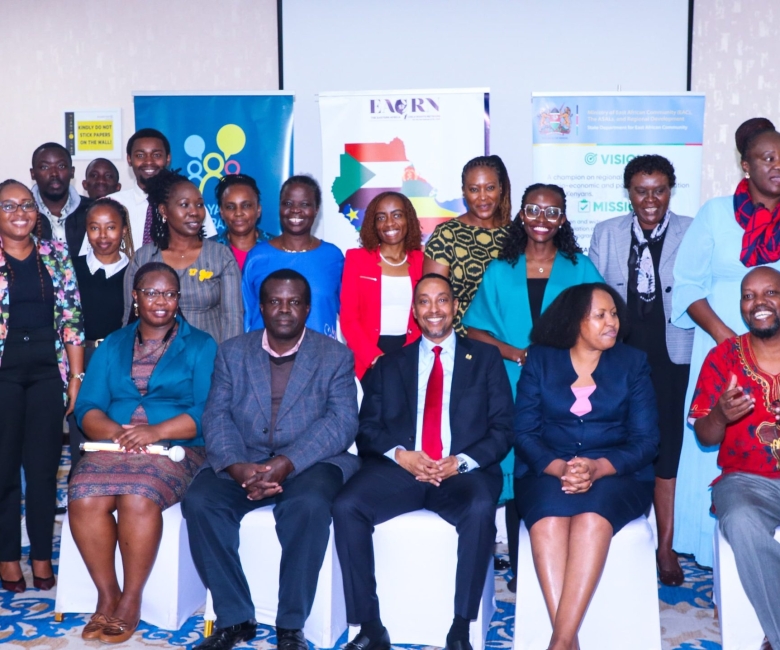
02Support to national and regional collaborative partnerships on gender equality.
Strategic partnerships for gender equality at international, regional, national, and county levels are necessary to cascade knowledge, skills, resource, and political support to the gender reform process. The synergy created by such multi-sector partnerships enhances collaboration and focusing of resources and acts appropriately to achieve objectives with better efficiency. An important by-product of such partnerships is easier identification and sharing of good practice as well as scaling it up elsewhere.
Objectives: Work within complementary partnerships with government, CSOs, PSOs, at respective levels to support the implementation of gender agenda
Strategic Interventions
- Seek to contribute to the effectiveness of coordination mechanisms at the county, county, and regional levels through active membership
- Promote multi-sector and inter-agency learning and dialogue and accountability and gender mainstreaming/Equality principles
- Advocate for adaption and full implementation of law and policies that promote government, CSO, PSO partnership.
- Support Strengthening of international (UN) regional (AU/EAC) and national dialogue platforms that bring together government actors, CSOs, and PSO, s to improve institutional engagement and facilitate consultations to better collaborate on implementing laws, policies, and action Plans
Strategic Interventions
- Conduct legal/policy research to support evidence-based advocacy on gender mainstreaming
- Write and disseminate policy briefs that elaborate the need and the direction for action
- Develop Learning materials in key emergencies areas
- Engage and contribute to gender technical support to county planning and research units that will enable them to collect and provide relevant gender-disaggregated data to assist in planning and budgeting in gender and responsive manner for their counties
03Research learning material development and publications.
Research, learning material development, and publications focus area supports conducting gender-responsive research to demonstrate and explain the status of gender relations important to policy advocacy as well as support production of learning materials for gender awareness and skills development. This was the first focus area of CCGD in the 1990s. It still remains highly relevant as governments and other types of organizations accept gender as a critical cross-cutting issue and seek to mainstream it.
Objective: Raise Awareness and support action on prevailing legal and policy affecting achievements of gender equality across all sectors.
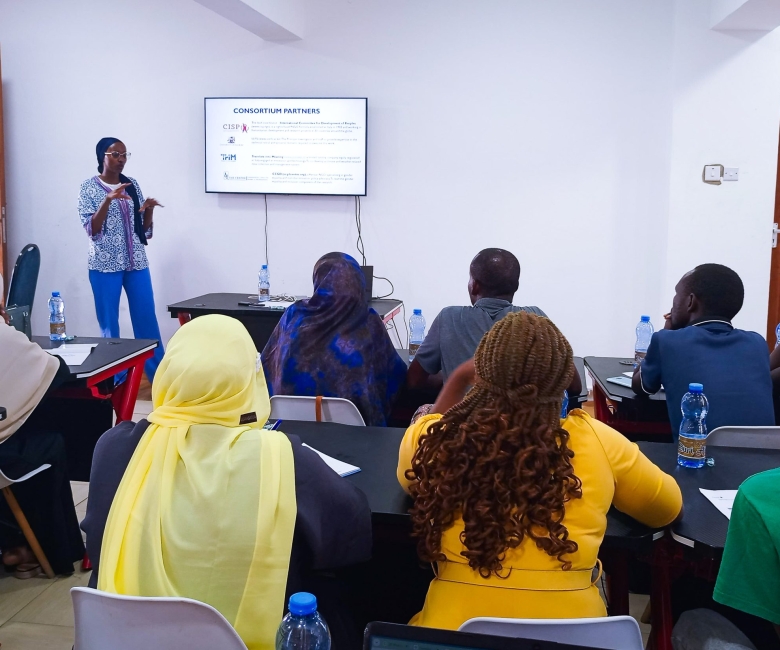
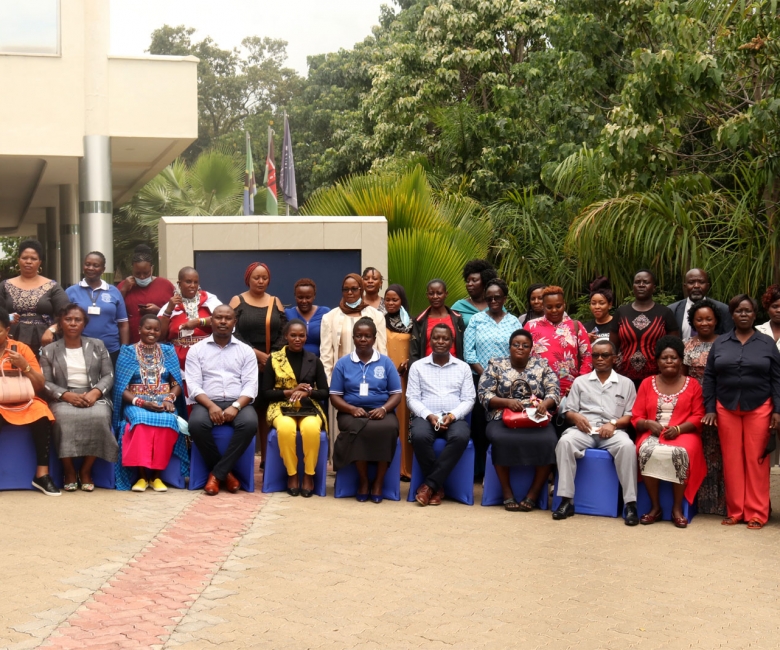
04Gender sensitive institutional capacity building, training and mentoring.
Gender-sensitive law and policy formulation, review, and implementation review is gaining currency across the Africa region as governments seek to formalize and systematize initiatives for gender mainstreaming in part as the fulfillment of both international and national commitments to gender equality and none discrimination. Recent regional and Sub-Regional trends at progressive constitutional review, democratization, and devolution of power to local levels have given a new impetus to aligning laws and policies to the new reality of, participation, inclusion, and accountability. Rightsholders are increasingly holding duty bearers to account leading to the latter to seek structured ways such as rights-oriented law and policy formulation and review to ensure accountability to the burgeoning electorate. There is in particularly great demand to align laws and policies to the newly enacted reformist national constitutions and cascade them to counties and other devolved structures. Where devolved governments are mandated to make laws as is the case for Kenyan Counties, there is an even bigger challenge of supporting them to continue the reform process while factoring in local dynamics and priorities.
Objective: support aligning laws and policies to the gender rights, equality, and participation requirements in the constitution and county and national levels.
Strategic Interventions
- Assist in the formulation and review of law and policies at the regional and national levels in selected sectors to confirm international institutional requirements
- Assist county and National governments to make laws and policies that facilitate the provision of resources to implement that address gender gaps and promote women and girl’s empowerment
05Resourcing advancement of gender equality and women’s empowerment.
Research, learning material development, and publications focus area supports conducting gender-responsive research to demonstrate and explain the status of gender relations important to policy advocacy as well as support production of learning materials for gender awareness and skills development. This was the first focus area of CCGD in the 1990s. It still remains highly relevant as governments and other types of organizations accept gender as a critical cross-cutting issue and seek to mainstream it.
Objective: Raise Awareness and support action on prevailing legal and policy affecting achievements of gender equality across all sectors.
Strategic Interventions
- Seek to engage partners to provide resources for prioritized research studies and learning material development
- Seek to influence regional, national, and county structures to finance gender mainstreaming programs
- Promote CSO engagement in decision making and Financing platforms
- Improve knowledge of financing mechanisms in support of gender Equality programs and accessibility to such funding
